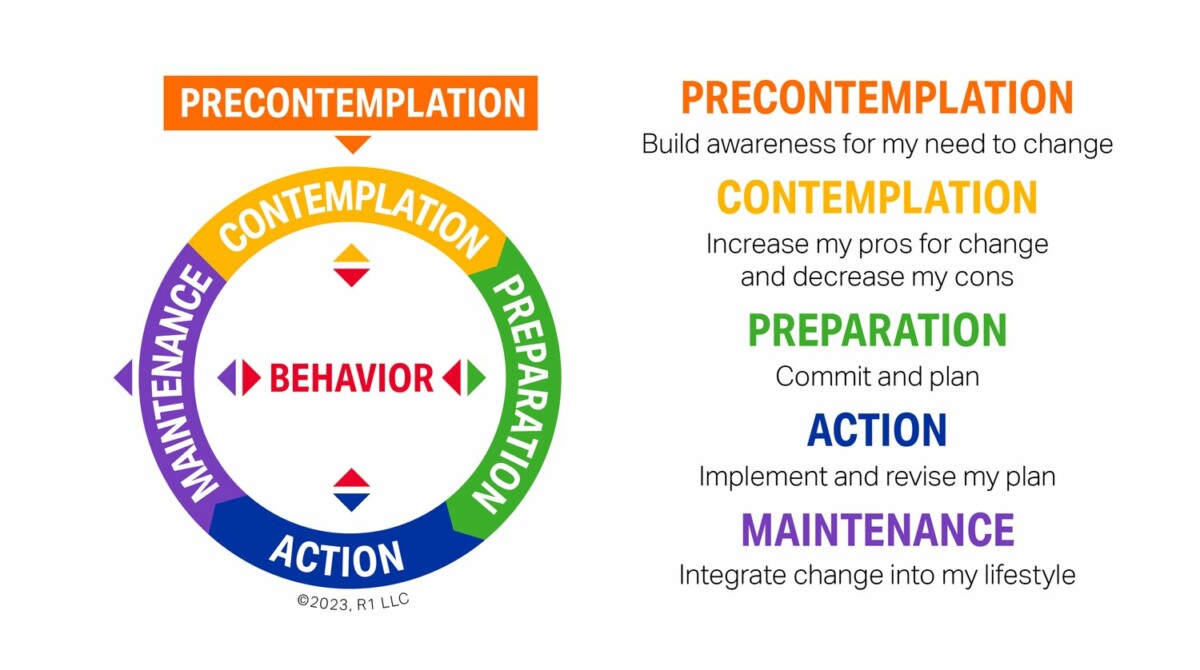Vaccines are arguably one of the most important medical advances in human history, having been instrumental in the elimination and control of diseases that were once common in Canada.1 More recently, public vaccination campaigns have been a crucial public health tool in fighting the COVID-19 pandemic.
Despite the historical utility of vaccines, the approval of COVID-19 vaccines for pediatric populations was celebrated by the scientific community and met with skepticism by parents. This becomes apparent when looking at the trends of COVID-19 vaccination rates in Ontario. Based on data from Health Canada, only 2.52% of children less than 4 years old and 55.39% of children 5 to 11 years old have received at least one dose of a COVID-19 vaccine. For every other age cohort, the proportion of individuals receiving at least one dose of a COVID-19 vaccine is much higher at 87%-99%. 2

It’s clear from the numbers that parents are much more hesitant to vaccinate their young children than themselves. Results from the 2017 childhood National Immunization Coverage Survey help to explain why. According to the survey, the top 2 reasons parents are reluctant to vaccinate their child are:
- Concerns about the risk of side effects of vaccines
- Did not consider it necessary for their child
However, pharmacy professionals are well-positioned to combat these concerns. Evidence suggests that the number one reason parents decided to vaccinate their child despite initial reluctance is because of the advice they received from a health care professional.3 Parents view pharmacists as reliable sources of information on vaccines, with approximately 70% of respondents stating they trust their pharmacist as a key source of information when deciding whether to vaccinate their child.3 Being able to confidently address the concern of parents will be a key component in changing the opinions of vaccine-hesitant parents.
Pediatric COVID-19 Vaccine Side Effects
Vaccine-hesitant parents are understandably worried about the potential risks of getting their children vaccinated. To engage parents in vaccine discussions, pharmacy professionals need to recognize the parent’s emotional state by acknowledging their concerns in addition to informing patients on the benefits and risks of vaccination.
COVID-19 vaccines have mild side effects similar to what is seen with other vaccines. These typically include:
- Soreness, tenderness, or redness at the injection site
- Irritability/crying
- Fatigue
- Headache
- Fever
- General muscle aches or mild flu-like symptoms

In general, it is the rarer side effects of the COVID-19 vaccine that gives parents pause. No cases of myocarditis or pericarditis have been detected in the studies done on children so far.4 However, due to the small sample size of patients, the risk of myocarditis/pericarditis in children under 11 years old following immunization is unknown. According to public health, safety surveillance data does not suggest the risk of myocarditis/pericarditis following mRNA COVID-19 vaccination would be greater in children aged five to 11 years compared to older populations and that an extended interval between doses may reduce the risk. 4 Many parents may also be unaware that myocarditis/pericarditis can be caused by a COVID-19 infection. As an example, the CDC reported that among teenage boys — the group with the highest risk of myocarditis after COVID-19 vaccination — the risk of myocarditis is estimated to be between 2 and 5 times higher after infection compared to after the second dose of an mRNA vaccine. 5
Parents worried about the safety risks of COVID-19 vaccines should be made aware of the safety risks posed to unvaccinated children. A paper published in the Pediatrics journal in March 2022 described more frequent and severe croup in infants and young children infected with COVID-19 during the Omicron surge.6 Another potentially severe and dangerous complication that can occur in children is called multisystem inflammatory syndrome in children (MIS-C), which can lead to life-threatening inflammation of the heart and other major organs in the body.
To effectively facilitate these discussions, pharmacy professionals need to recognize the emotional state of the parent. Acknowledgement of their trepidation followed by a discussion on the benefits and risks of vaccination could help alleviate the concerns of vaccine-hesitant parents.
To effectively facilitate these discussions, pharmacy professionals need to recognize the emotional state of the parent. Acknowledgement of their trepidation followed by a discussion on the benefits and risks of vaccination could help alleviate the concerns of vaccine-hesitant parents.
Is the Pediatric COVID-19 Vaccine Necessary for Children?
A common belief among vaccine-hesitant parents is that the COVID-19 vaccine is unnecessary for their child. While it is true that children are much less likely than older adults to get severely ill from COVID-19, some children do require hospitalization. Although the hospitalization rates for younger demographics are lower than for adults, recent Ontario Health data shows that children under 4 years old have the highest hospitalization count of any youth group.7 Children may experience severe illness even in the absence of underlying medical conditions. One startling CDC statistic reported that in the United States >50% of children hospitalized with COVID-19 had no underlying medical conditions.8

Many patients also feel that once their child has had a COVID-19 infection that vaccination is unnecessary. According to data from the Government of Canada website, about one-third of parents (31%) strongly or somewhat agreed that it is better for their child to develop immunity from natural infections rather than from vaccines.9 Pharmacists are well positioned to advise patients that although natural immunity from a COVID-19 infection confers some protection, the amount and duration of protection are unknown.4 Patients should be advised that vaccine-induced immunity provides protection against a virus in a more controlled way without exposing the child to the potential risks of an actual infection.
As vaccination campaigns for COVID-19 press into the fall months, vaccine-hesitant patients will consult pharmacists on whether vaccinating their child is the appropriate choice. In the upcoming fall season, pharmacists will face the challenge of presenting vaccine-hesitant parents with factual information while acknowledging the valid concerns of caregivers.
This blog post is a part of the Signature Learning Series (SLS), Protecting the Population Against COVID-19 and was supported through an unrestricted medical educational grant by Moderna. Discover more by visiting, opatoday.com/covid19protection.
References
Shen SC, Dubey V. Addressing vaccine hesitancy: Clinical guidance for primary care physicians working with parents. Can Fam Physician. 2019;65(3):175-181.
Health Canada. COVID-19 Vaccination in Canada. https://health-infobase.canada.ca/covid-19/vaccination-coverage/. Accessed September 9th, 2022
Health Canada. Highlights from the 2017 childhood National Immunization Coverage Survey (cNICS) – Canada.ca. Accessed September 9th, 2022
Ottawa Public Health. COVID-19 Vaccination and Children. Accessed September 9th, 2022
Block JP, Boehmer TK, Forrest CB, et al. Cardiac Complications After SARS-CoV-2 Infection and mRNA COVID-19 Vaccination — PCORnet, United States, January 2021–January 2022. MMWR Morb Mortal Wkly Rep 2022;71:517-523. DOI: http://dx.doi.org/10.15585/mmwr.mm7114e1
Brewster RC, Parsons C, Laird-Gion J, et al. COVID-19-Associated Croup in Children. Pediatrics. 2022;149(6):e2022056492. doi:10.1542/peds.2022-056492
Ontario Public Health. Ontario COVID-19 Data Tool | Public Health Ontario. Accessed September 9th, 202
COVID-19 Epidemiology in Children ages 6 months to 4 years. PowerPoint Presentation (cdc.gov). Accessed September 9th, 2022
Health Canada. Vaccine hesitancy in Canadian parents – Canada.ca. Accessed September 9th, 2022



